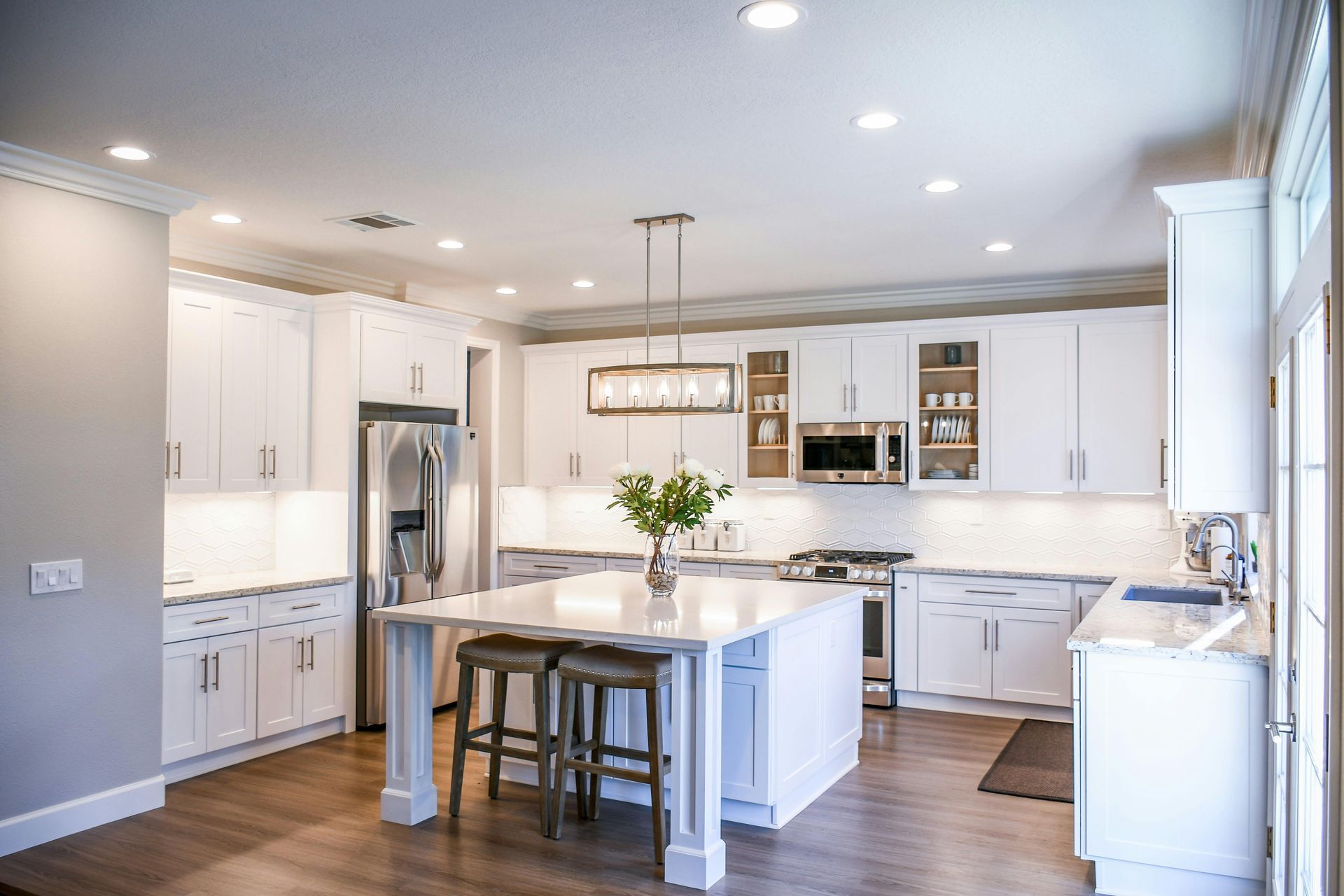FREQUENTLY ASKED QUESTIONS
COMMON REAL ESTATE QUESTIONS
At Toula A Team, we understand that navigating the real estate market can be overwhelming, whether you’re selling or buying a home. That’s why we’re here to answer your burning questions and provide guidance every step of the way, ensuring a smooth and supportive experience for all.


Sellers
How much is my home worth?
The value of your home depends on factors like its size, location, condition, and recent sales of similar homes in your area. We can provide an estimate, but an official appraisal will offer the most accurate value.
How long will it take to sell my home?
The time it takes to sell varies by market conditions, the home's price, location, and how well it's marketed. In a seller’s market, homes might sell in days, but in a slower market, it could take weeks or even months. We can give you an estimate based on local data.
Should i make repairs or upgrade before selling?
It depends on the condition of your home and what improvements offer the best return on investment. Minor repairs and cosmetic updates, like painting or landscaping, can help attract buyers. More extensive renovations should be weighed carefully, as not all add significant value.
How much are the selling costs?
Typical costs include agent commissions (usually 5-6% of the sale price), closing costs (1-3% of the sale price), and additional expenses like repairs, staging, and moving. We can help estimate these costs based on your situation!
When is the best time to sell my home?
Spring and early summer are traditionally the best times to sell, as buyers are more active. However, your local market conditions may affect timing. Consult with a local agent for the best seasonal strategy in your area.
How should I prepare my home for showings?
Clean, declutter, and depersonalize your space. Consider staging furniture to make rooms look larger and more inviting. Ensure that your home is well-lit and smells fresh to create a good first impression.
Do I need to be present for showings?
It's usually best not to be present during showings. Buyers may feel more comfortable exploring your home without you there, and it allows the Realtor® to speak candidly with them.
What happens during the closing process?
During closing, the buyer will conduct final inspections and appraisals. You’ll also complete the necessary paperwork to transfer ownership, pay any outstanding fees, and settle the final sale price. This process usually takes a few weeks.
What if my home doesn't sell?
If your home isn’t selling, you may need to lower the price, improve marketing efforts, make repairs, or re-stage the home. Another option is renting it out if the market is unfavorable.
Can I sell my home while buying a new one?
Yes, but the process can be tricky. You may want to consider contingencies, such as a "sell first" agreement, bridge financing, or rent-back options to coordinate the sale of your current home while buying a new one.
Buyers
How do I know how much home I can afford?
Affordability depends on your income, debts, credit score, and the amount you've saved for a down payment. Mortgage lenders typically recommend spending no more than 28-30% of your monthly income on housing costs.
What is the mortgage process like?
The mortgage process starts with pre-approval, where a lender reviews your financial information. Once you find a home, you apply for the loan, get it underwritten, and then go through closing to finalize the mortgage.
What is the current interest rate?
Interest rates fluctuate based on market conditions and economic factors. Check with lenders or financial websites for up-to-date rates. A lower rate will reduce your monthly payment and overall loan cost.
How much do I save for a down payment?
A typical down payment is 20%, but many loans allow as little as 3-5%. Larger down payments reduce your mortgage amount and eliminate the need for private mortgage insurance (PMI).
How do I know what the neighborhood is like at a home I'm interested in?
Research the area for factors like safety, proximity to work or amenities, school quality, and community features. Visiting the neighborhood at different times of day can also give you a better feel for it.
Are there any hidden costs I should know about?
Beyond the purchase price, consider closing costs (2-5% of the home’s value), property taxes, insurance, HOA fees, and ongoing maintenance expenses. It’s important to budget for these extra costs.
How long does the home buying process take?
The process can take anywhere from 30 to 60 days from making an offer to closing. This depends on how quickly you can find a home, secure financing, complete inspections, and handle paperwork.
What should I look for during a home inspection?
Pay attention to the condition of the foundation, roof, plumbing, electrical systems, and HVAC. Look for signs of water damage, mold, or pest problems. A good inspector will provide a detailed report.
What are the risks of buying a home right now?
Risks may include rising interest rates, potential market downturns, or economic uncertainty. However, if you're planning to stay in the home long-term, these risks might be mitigated over time.
What are the differences between pre-qualified and pre-approved?
Pre-qualification is an informal estimate of what you can borrow based on self-reported information. Pre-approval is a formal commitment from a lender after reviewing your financial documents, making it more reliable when making offers.
How competitive is the real estate market right now?
Arkansas is currently in a seller's market. In a seller's market, homes may receive multiple offers quickly. In a buyer's market, you may have more negotiation power and more time to decide.
Should I buy a house or keep renting?
Buying offers equity-building and stability, but renting provides flexibility and fewer upfront costs. The decision depends on your financial situation, market conditions, and long-term plans.




